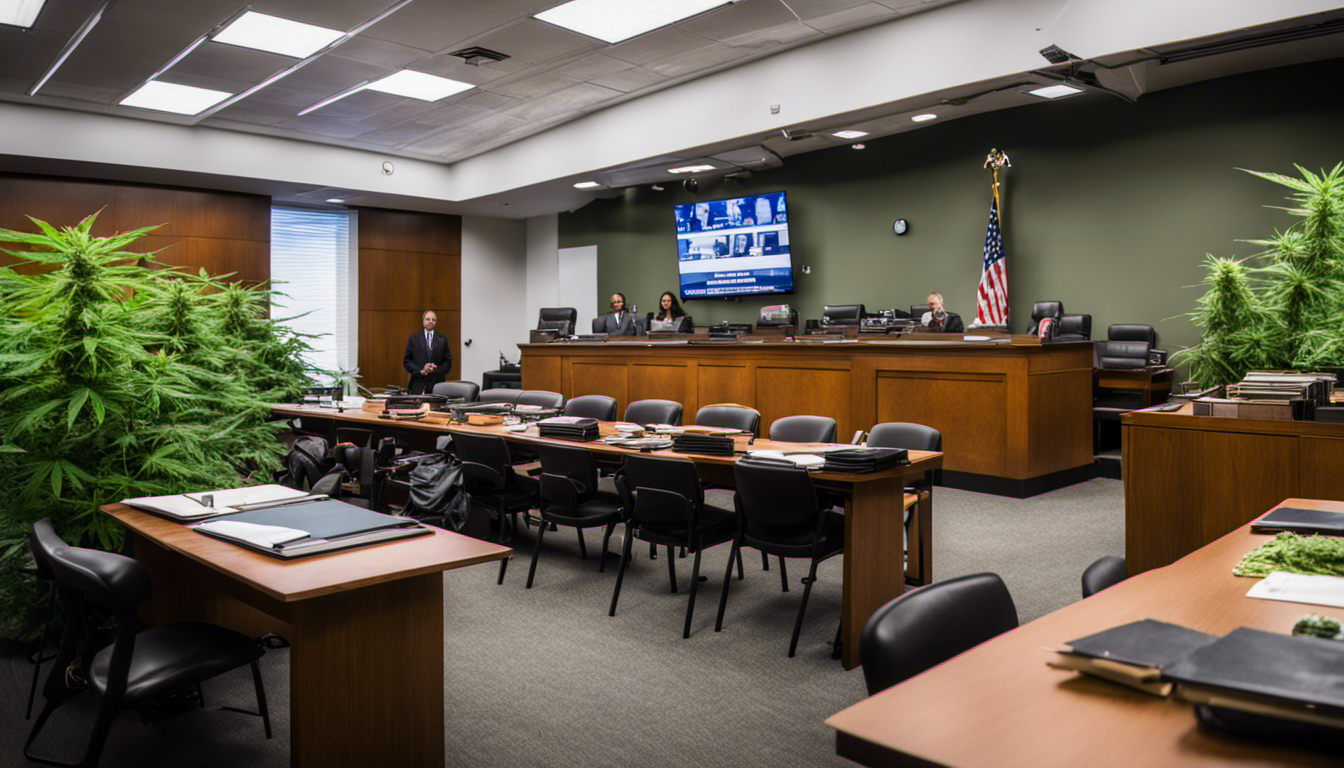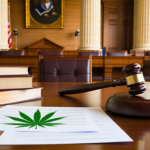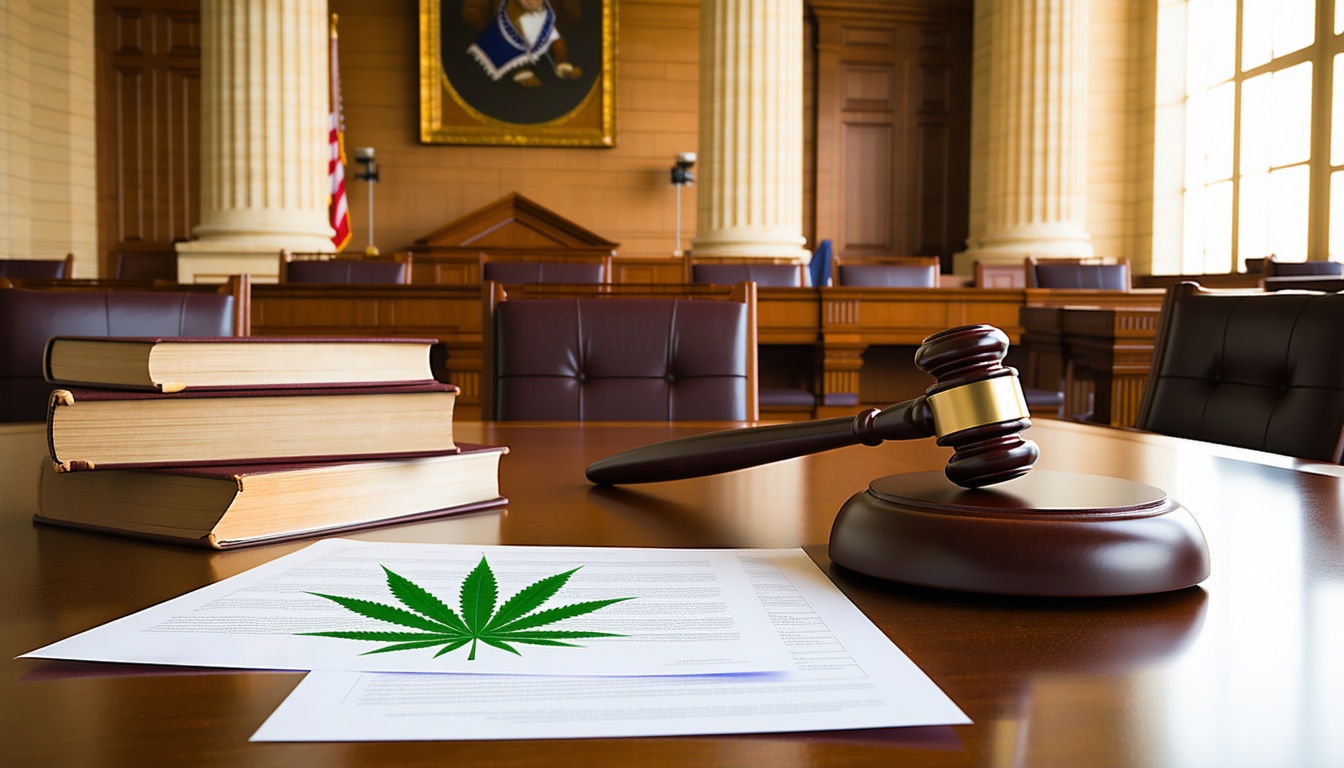As the Drug Enforcement Administration (DEA) prepares to hold hearings on the reclassification of marijuana, advocates should remain optimistic about the outcome. While some may view the hearings as a setback, it’s essential to recognize that this is a traditional part of the administrative process.
In fact, the DEA’s decision to hold hearings presents an opportunity for advocates to reinforce the case that cannabis does not meet the legal criteria for a Schedule I controlled substance. As acknowledged by the Department of Health and Human Services (HHS) and others, cannabis does not possess a “high potential for abuse” or “lack accepted safety,” even when used under medical supervision.
The evidence supporting the safety and medical utility of cannabis is overwhelming. More than two-thirds of practicing clinicians nationwide believe that cannabis has medical utility, and over a quarter have authorized its use for their patients. Thirty-eight states regulate medical cannabis access, and thousands of healthcare practitioners participate in these programs. Moreover, decades of real-world experience in jurisdictions where cannabis is legal for medical or adult-use purposes have shown that it possesses a safety profile superior to many other substances.
The DEA has held administrative law proceedings on this matter before, and in 1988, Administrative Law Judge Francis Young concluded that marijuana is one of the safest therapeutically active substances known to man. While the agency’s administrator ultimately set aside Judge Young’s decision for ideological reasons, the case for rescheduling cannabis is exponentially stronger today.
With increased public scrutiny and pressure from the cannabis industry, advocates, and even the Biden administration, it’s likely that the DEA will be more inclined to follow the evidence and reclassify marijuana. As such, advocates should remain optimistic that the end to marijuana’s Schedule I prohibitive status is more likely than not.












